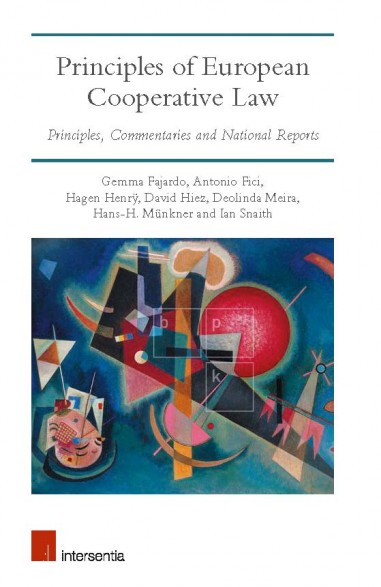Principles of European Cooperative Law
The Principles of European Cooperative Law (PECOL) focus on the ‘ideal’ legal identity of cooperatives. Drafted by a team of legal scholars (Gemma Fajardo, Antonio Fici, Hagen Henrÿ, David Hiez, Deolinda Meira, Hans-H. Münkner and Ian Snaith) gathered around Study Group on European Cooperative Law –(SGECOL), who’s work and studies are supported by Euricse, the PECOL aim to describe the common core of European cooperative law. They are based on both existing cooperative law in Europe and the EU regulation on the societas cooperativa europaea. The Principles are accompanied by commentaries which illustrate the rationale and legislative background of each principle, and link them to the key features of co-operative identity. The PECOL are articulated into five chapters corresponding to the main aspects around which a cooperative’s identity may be structured, namely the purpose pursued, internal governance, financial structure, external control and cooperation among cooperatives. The second part of the book presents the national reports upon which the PECOL were based. The reports offer a detailed overview of the cooperative law of seven European jurisdictions (Finland, France, Germany, Italy, Portugal, Spain, and the UK), and thus provide a unique opportunity for law-makers, practitioners and researchers to compare, circulate and apply best practices of cooperative legislation.
The book is available on Intersentia website.
